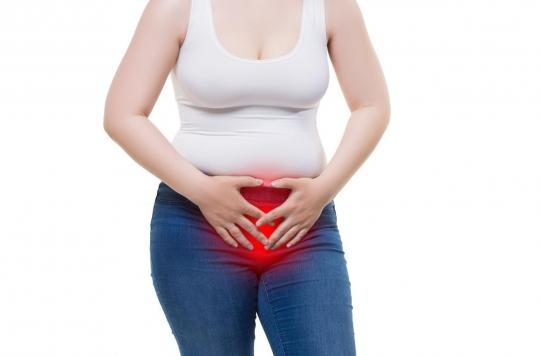It is an unknown pathology, and yet: polycystic ovary syndrome (SPOK) would affect between 6 and 20% of women of childbearing age.

- For the first time, the consequences of PCOS could be observed over a long period of time.
- This condition causes, among other things, irregular periods, excessive hair growth, hair loss and difficulty getting pregnant.
Young women with polycystic ovary syndrome (SPOK) are at increased risk of heart disease, according to a new study published in the European Journal of Preventive Cardiology. For the first time, the consequences of the disease could be observed over a long period.
“Some symptoms of PCOS are only present during a woman’s fertile years, so it was possible that the high risk of heart disease would disappear later in life,” explains in the preamble the director of research, Dr. Clare Oliver-Williams.
19% more likely to suffer from cardiovascular disease
The cohort consisted of 60,574 women undergoing treatment to become pregnant between 1994 and 2015. Of these, 6,149 (10.2%) had PCOS, and 2,925 (4.8%) developed cardiovascular disease. Based on these figures, researchers estimated that women with SPOK were 19% more likely to suffer from cardiovascular disease.
The increase in cardiovascular risk increases in all women with age, so the figures for women with PCOS and those without are becoming more similar over time. “In other words, as women without PCOS age, they catch up to their peers with PCOS,” summarizes Clare Oliver-Williams.
In women under thirty suffering from PCOS, scientists have not observed a clear trend of increased cardiovascular risk, probably due to a lack of data (women rarely follow a course of PMA before thirty years, Editor’s note) .
“PCOS is a painful disease”
“Polycystic ovary syndrome is not a death sentence: there are many ways to stay heart healthy,” encourages Dr. Clare Oliver-Williams (University of Cambridge, UK). “Small changes in our lifestyles can be effective, such as eating more fruits and vegetables and exercising more.” she details.
It is estimated that 6-20% of women of childbearing age have polycystic ovary syndrome (PCOS). Little known and misdiagnosed, this condition causes, among other things, irregular periods, excessive hair growth, hair loss and difficulty getting pregnant. Women with PCOS are also more likely to be overweight, thus suffering from diabetes and high blood pressure.
“PCOS is a painful disease. Its physical effects can cause anxiety and depression“, recalls Clare Oliver-Williams, who invites affected patients to join support groups.
.

















